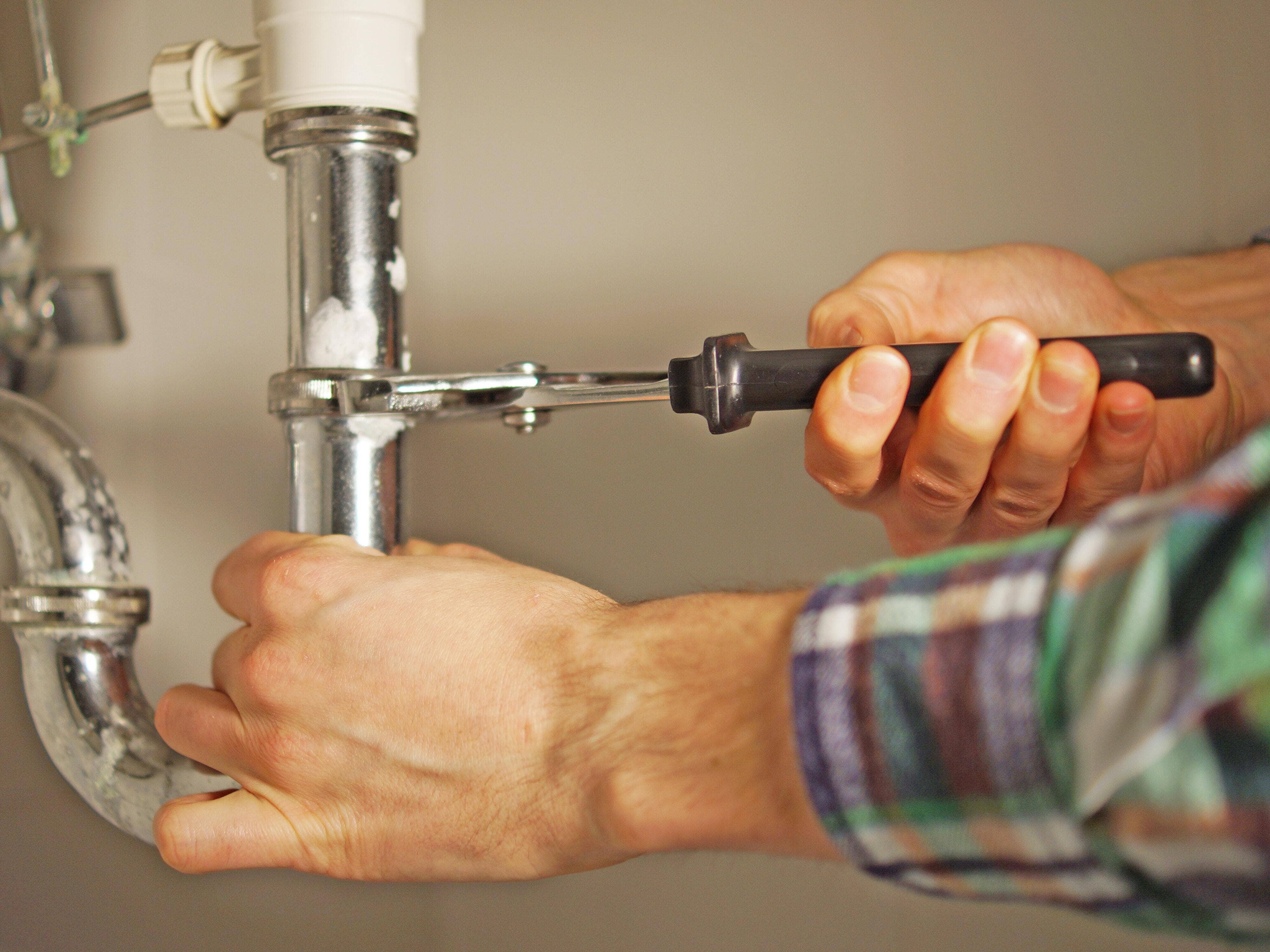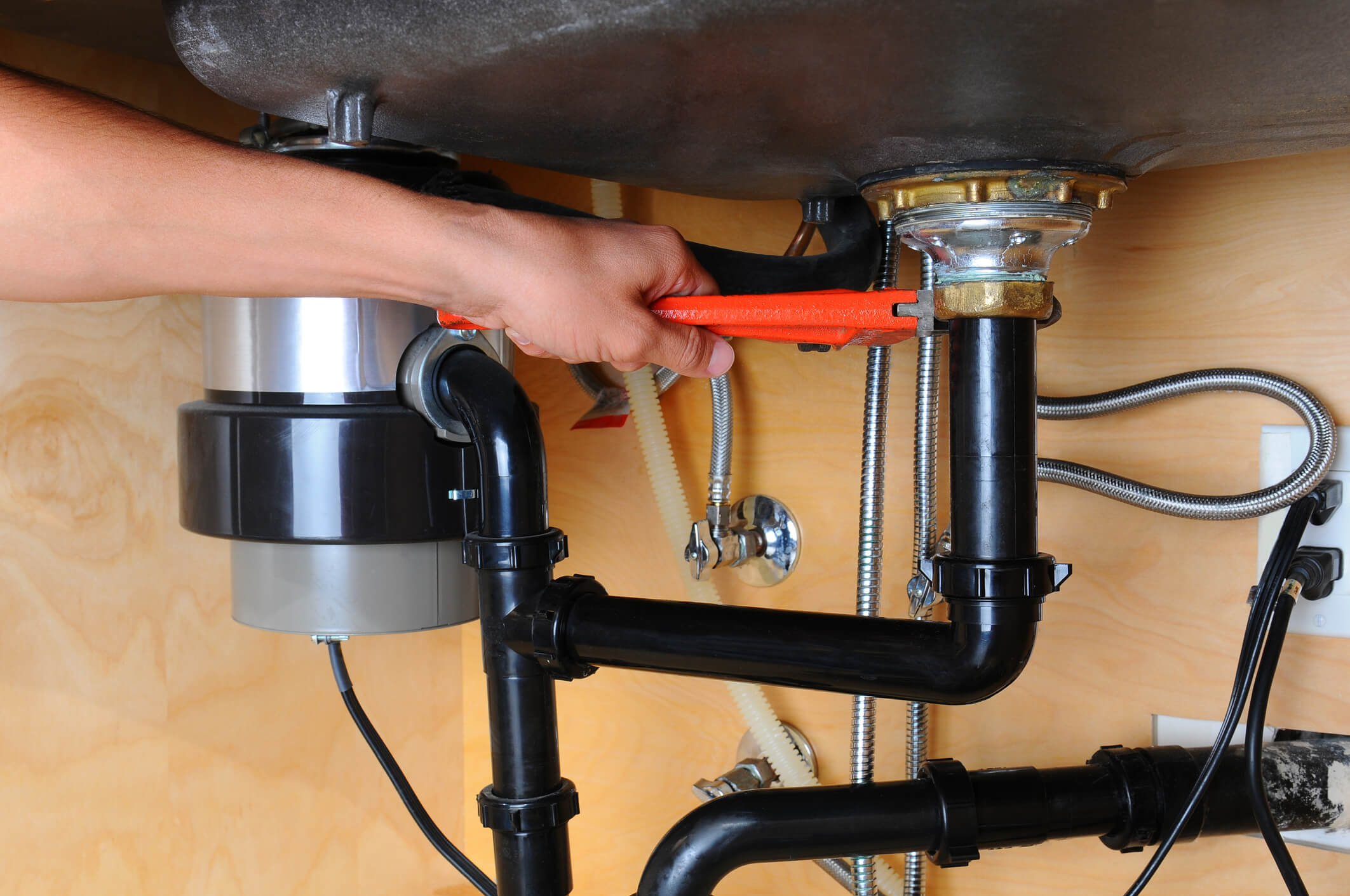6 Culprits Leading To The Destruction To Your Plumbing Appliances
6 Culprits Leading To The Destruction To Your Plumbing Appliances
Blog Article
They are making several great observations about Can Hard Water Ruin Your Appliances? overall in this post down the page.

The key to long-term devices, unsurprisingly, appertains upkeep. There's no hard and fast regulation that can ensure your plumbing home appliances a long wear, but you can avoid unneeded damages and repairs by staying clear of poor plumbing routines.
You need to stop doing these 6 things else you'll maintain calling your plumber over for minor faults.
Flushing everything
Yes, your commode drain leads to the sewage systems, yet that doesn't mean you need to discard just anything down the drain. Many 'flushable' products are really excellent blockage beginners, for example floss. Asides maintaining apparent non-flushable products like cables and also plastics out of your bathroom, you ought to additionally avoid flushing cotton swab, menstrual items, wipes, daipers and prophylactics down the toilet drainpipe.
Putting grease in the sink
We know effectively throwing away oil after a hearty meal is a pain. However merely pouring it down the tubes can do long-lasting injury to your pipelines. "The fat and also oil can obstruct your drainpipe severely adequate to force you to call a plumber," describes Dawson. "Plumbing functions best when it's well looked after-- not abused with oil."
Making use of too much drain cleaner
Using a drain cleaner greater than once or twice a month is an indicator that something significant is going on within your pipelines. Now, instead of dealing with the main concern, you choose a quick fix; a carbonated drainpipe cleaner. Rightfully, a drainpipe cleaner will look after the blockage, yet at what expense?
The chemicals in a drainpipe cleaner can speed up the corrosion of your pipes. Include that to whatever underlying trouble is causing the obstruction and you may have to a significant problem on your hands.
If you experience way too many clogs, call your emergency plumber rather than making use of a drainpipe cleaner.
Not washing recipes prior to filling them right into the dishwasher
it's called a dish washer, but tossing in meals, pots, and also frying pans covered in huge food fragments can in fact create some significant damages to the home appliance, causing long-lasting issues down the line. "House owners may have to get their dishwasher fixed more frequently if they don't wash their meals before loading, or at the very least remove bigger food pieces," explains Audrey Monell, proprietor of Forrest Anderson Plumbing and also Air Conditioning in Glendale, Arizona. "Food that gets stuck on recipes triggers the dishwasher to work harder, which can wear down parts quicker, causing problems."
DIYing everything
With plumbing, a stitch in time actually does conserve nine. You can prevent a fullblown plumbing emergency by calling your plumber at the right time.
You might have learnt a few plumbing hacks from your daddy, yet you should know where to draw a line and call a specialist. For example, you might have the ability to repair an obstruction yourself, however you shouldn't try to transform a pipe. You can inequality pipes or overtighten a screw, causing more injury and also damages than you believed. Calling a plumber is a secure and affordable decision.
Not altering your dish washer tubes
One simple method to guarantee that you use your dishwasher for years is to change the tube a minimum of once in 5 years. This additionally applies for cleaning device hoses.
With time, food bits, soap and grease can create blockages within your pipelines. Replacing them on time will protect against any presure build up that can damage the interior operations of your dishwashing machine or washing device.
A strengthened steel entwined hose pipe does a wonderful job of extending your device's usage time.
No winter months safety measures
Severe weather misbehave for your pipes, particularly if they're constructed from steel. You ought to protect your revealed pipes, as well as your water container, even if you have a hot water heater. You need to also shut off your garden tube valve as well as any other exterior water networks. These networks are outlets for cold; you pipes can start to ice up from outdoors if you don't.
Prevent Water Damage from Plumbing and Appliances
Prevent toilet failure
Be patient after you flush and wait for the valve to completely finish refilling the tank and bowl. If an overflow looks imminent, lift off the tank cover and lift the float to shut off water flow to the tank, and then turn off the supply valve.
Twice a year, inspect a toilet’s components, such as the fill, supply, and flush valves, and the supply line. Make sure you can turn off the supply. If you have older screw type valves that are hard to turn or start leaking, consider replacing them with simpler ball valves that are easy to shut off quickly.
Inspect and maintain your water heater
Inspect your anode rod every two years, or every year once the warranty has expired, to determine if it needs to be replaced.
Flush water heater tanks every six months to remove sediment by attaching a garden hose to the valve at the base. For safety, first turn off the power and run hot water until it is cool.
Get an annual inspection from a plumbing professional including the shut-off valve and all piping. Signs of broken valves and loose or wet joints and rust are a sign that more severe damage is coming.
Maintain washing machine supply lines
Look for signs the supply hose may be ready to fail—blisters in the hose, worn tubing, stress cracks, or a loose connection.
Replace the supply hose with a reinforced steel braided hose if it shows any sign of wear.
Tighten the connection if it feels loose. The most common site of failure is near the connection where the hose bends.
Replace supply hoses every five years, even if there is no obvious deterioration or wear. Some signs of deterioration may occur from the inside out and may not be visible until it is too late. When replacing washing machine supply hoses, always choose a reinforced steel braided hose over the traditional un-reinforced rubber hose. These hoses will last longer and are far less likely to result in a catastrophic water loss.
Prevent plumbing failure
Never pour grease down the drain.
Plant trees away from lateral drain lines to prevent roots from damaging piping.
If your home’s sewer system is connected to the city’s sewer system—a particular problem for older homes—or if you are located downhill or below street level, contact a plumbing professional to install a backflow prevention assembly into your sewer system.
Call a professional if you notice signs of a plumbing problem—an increased monthly water bill, banging pipes, rust stains, moisture in the walls or on the floor, and signs of wet soil erosion near the foundation.
https://disastersafety.org/maintenance/prevent-water-damage-from-plumbing-and-appliances/

Do you enjoy reading about Can Hard Water Ruin Your Appliances?? Try leaving feedback down the page. We'd be interested to find out your responses about this post. We hope that you visit us again soon. Don't hesitate to set aside a second to share this post if you appreciated it. I praise you for your time. Please come by our site back soon.
Estimating Report this page